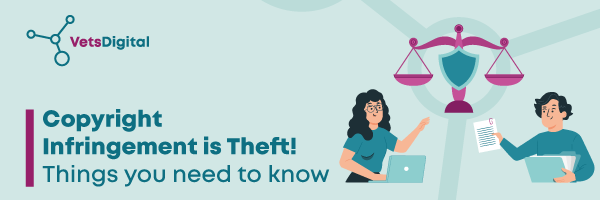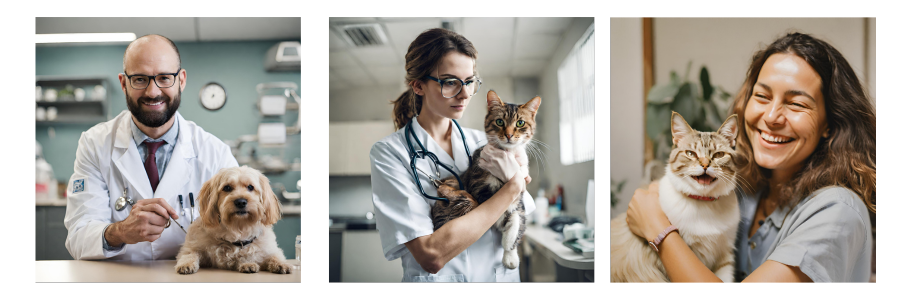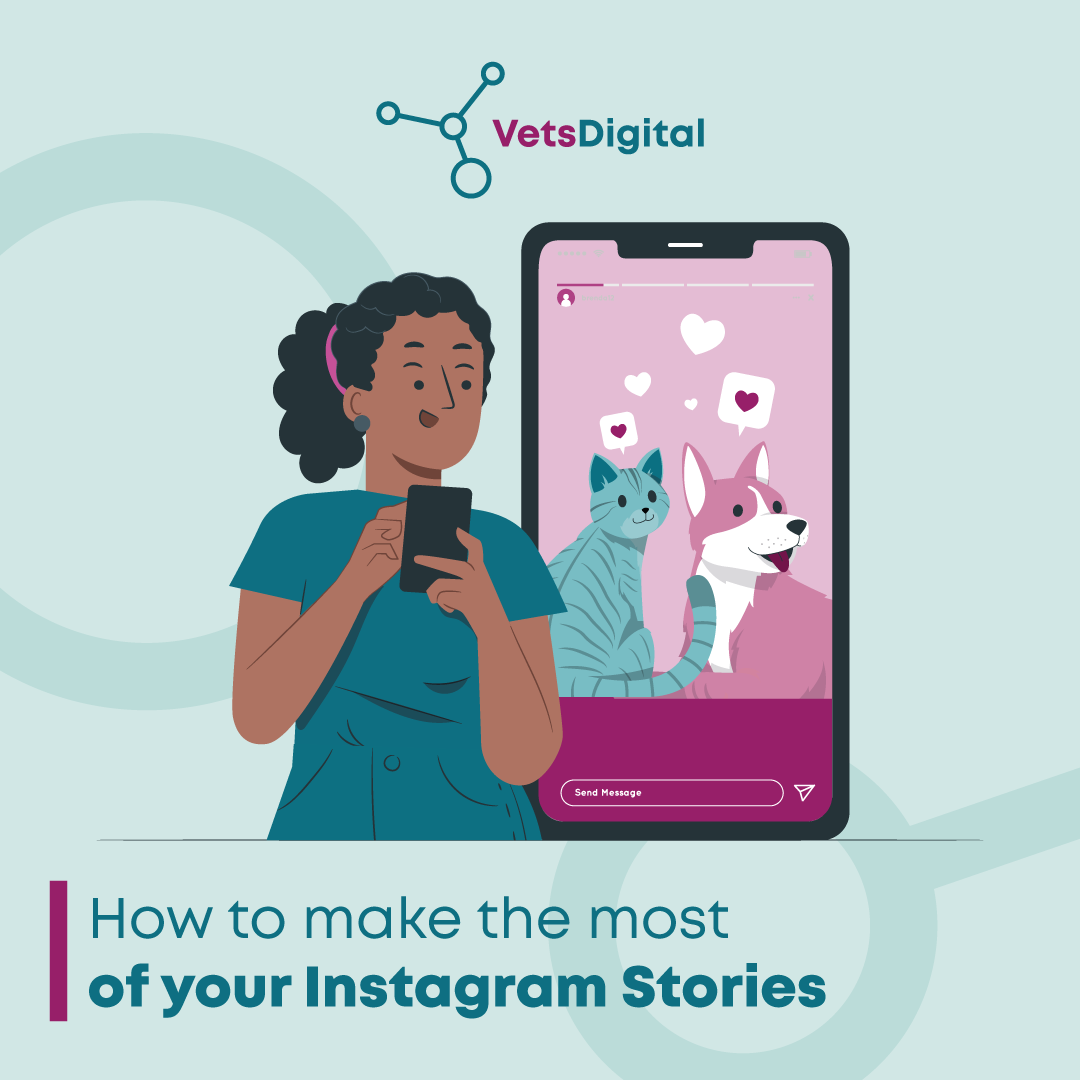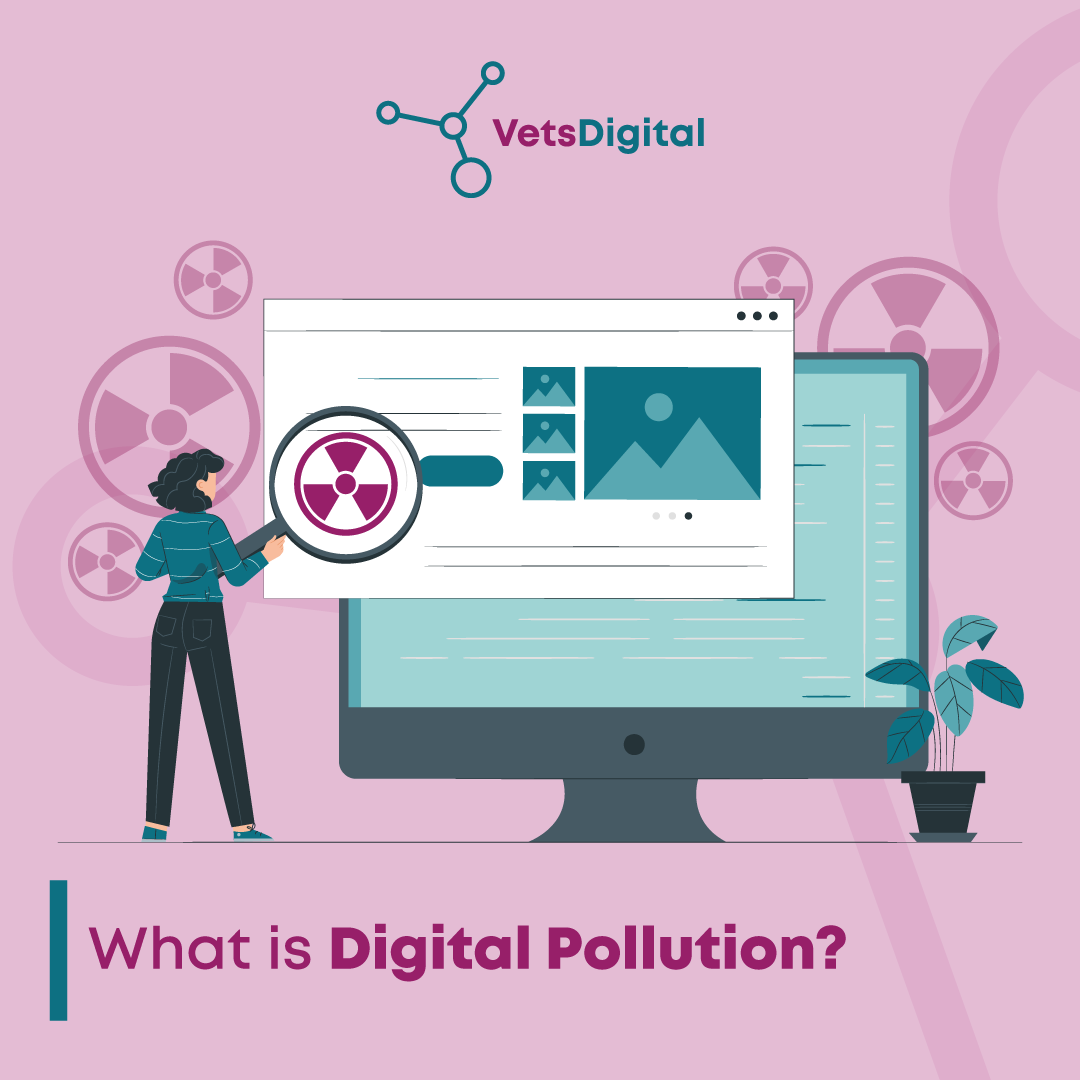Content, News,
Copyright Infringement is Theft! Things you should know in practice
There have been a number of recent cases where small businesses have been threatened with court action for (knowingly or otherwise) illegally reproducing copyrighted images. In many cases, these actions succeed, simply because the practice did not know or abide by the UK’s (admittedly sometimes labyrinthine) copyright laws. This blog is not a legal advice helpline, but we have got some general guidelines to help you avoid problems with using images on your website, social media, and in printed practice materials.

Most copyright law is very simple, black and white. However, if you think you may have strayed into one of the grey areas – seek legal advice from your solicitors BEFORE you publish the image!
Photos you have taken
In general, photographs you or your staff have taken as part of their employment are considered to be copyrighted to the practice. Photographs by clients, however, remain in their copyright. To be legal, it’s also important to remember that you cannot photograph people without their permission unless there is no expectation of privacy (for instance, if they are in a public space with no local bye-laws restricting photography – and even there, you could be on awkward ground under the UK GDPR).
There is, as yet, no legal protection on images of animals; however, a client could theoretically argue that you had trespassed upon their animal if you took a photograph of the patient without consent. As a result, if you want to get photographs of a particularly interesting case, intricate surgery, or cute patient – get consent, because it will save you a lot of hassle, even if it isn’t strictly illegal!
Of course, if the client provides you with a photograph, or photographic consent, you also need to be careful what they have given permission for – did they intend you to publish their dog’s interesting but embarrassing condition on your website or social media? It may make sense to have a form for them to sign, indicating what they are, and aren’t, happy for you to do with the images.
There are also potentially professional issues here, as the RCVS has in the past taken disciplinary action against registered professionals who use images of patients without owners’ consent, so getting and documenting that consent is very strongly advised!
Photographs from the web (e.g. Google Image Search)
Basically, be very, very careful! Someone must have produced that image, and in general, they will own the copyright (or in some cases, their descendents if they died up to 70 years ago). Most image searches simply pull up and list images cached from other people’s websites – they are not free to use as you like! If you feel you really need an image, approach the website directly and ask for a license. You may have to pay for this, but it will be a lot cheaper than the alternative if the copyright holder takes umbrage!
There is an exemption for educational purposes, which the Government defines as “the copying of works in any medium as long as the use is solely to illustrate a point, it is not done for commercial purposes, a sufficient acknowledgement accompanies it, and the use is fair dealing.” Fair dealing means that its use will not harm or cause loss to the copyright holder, so if the image is for sale, you cannot copy it because the rights holder would have lost out financially. As a commercial entity, it is very difficult to prove that an image is being used for “educational” as opposed to “commercial” purposes, but this might apply to, for example, a free information sheet. However, seek legal advice before going down this route!
Photographs from AI image generators
There are now a wide range of image-generating “large learning model” systems available. These produce bespoke images on demand, which are (largely) copyright free.
However… a number of the major image handling companies are taking legal action against the producers and developers of these computer systems, especially as sometimes the “original” images come with a Getty watermark. In addition, ethical concerns are bearing in mind these systems have been trained using copyrighted material.
The biggest issue, however, is that AIs tend to produce rather surreal images that look superficially good but have serious flaws when you look more closely – incorrect numbers of digits or limbs, for example, or joints that bend the wrong way. While unlikely to land you in legal trouble, you could end up being the butt of a lot of jokes if (as has happened) you publish a picture of a vet with eight fingers on each hand putting a syringe into the thorax of an animal with six legs. (There are some examples of AI output below!)
So if you’re going to use them, make sure you check, double check, and triple check the output before publishing!

Photographs on Social Media
Copyright applies here as much as anywhere else! However, each platform (Facebook, Instagram, Twitter/ X etc) will have its own copyright policy, allowing users to legally share images. In most cases, you can share images within a platform using the built-in functionality, but must not download them or transfer them to another platform.
Photographs from image repositories
This is usually the best option. Many repositories charge – for example, the giants like Getty. or Shutterstock. Others are free for non-commercial use, but charge for commercial concerns. However, there are exceptions – we really like Pixabay, because their images are freely available, legally, for commercial application.
Another possible source is Wikimedia Commons (the images from Wikipedia). These are generally licensed as Creative Commons, which means each image will have a description of what you are legally allowed to do with it. In general, any image licensed under CC can be reshared under the same license as long as it is attributed to the photographer – however, some of the licenses are labelled “NC”, and are therefore illegal for commercial use.
The bottom line – unless you are CERTAIN you have the right to use an image, don’t use it! If in any doubt – seek legal advice.
If you want to know more:
The UK Intellectual Copyright Office’s Copyright Notice: digital images, photographs and the internet
The UK Government’s Copyright Guidance pages






